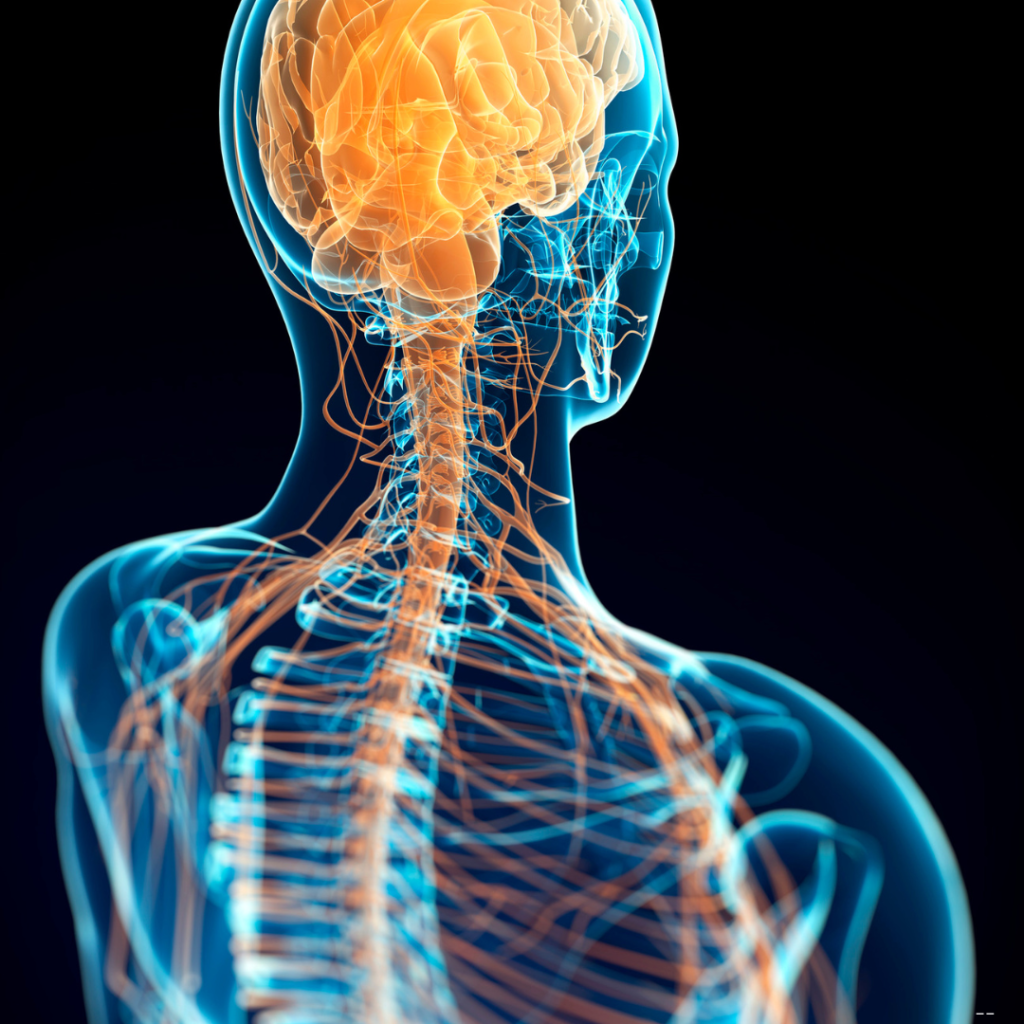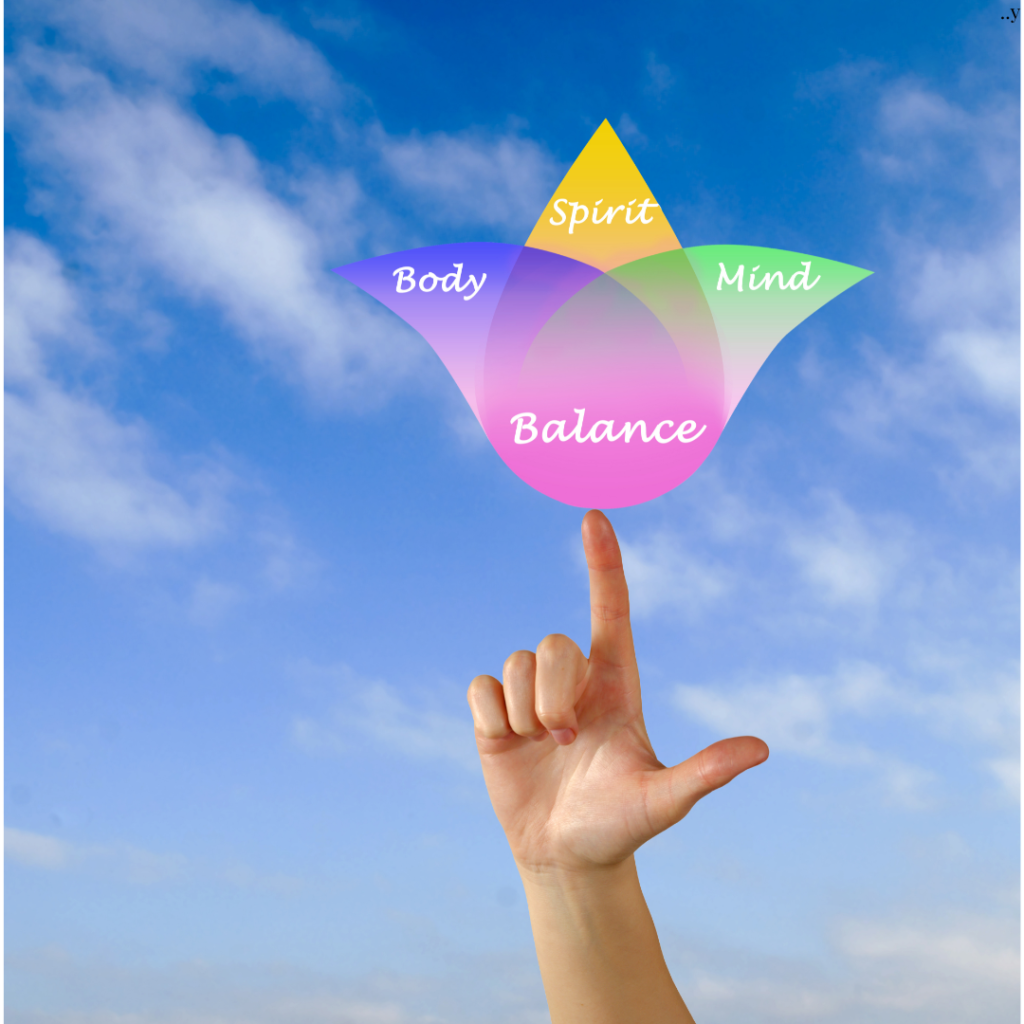The Healing Power of QiGong: Positive Impact on Trauma and Addiction Recovery
Trauma and addiction often leave lasting imprints on the body, mind, and spirit. Recovery from these deep-rooted issues requires a holistic approach that addresses both physical and emotional healing. One such powerful tool that has gained attention for its transformative effects is Qigong—an ancient Chinese practice that combines gentle movement, breathwork, and meditation to cultivate balance and harmony within. For individuals in trauma and addiction recovery, Qigong offers a safe, effective pathway to restore inner peace, heal emotional wounds, and build resilience.
Understanding Qigong
Qigong (pronounced “chee-gong”) translates to “energy cultivation” or “working with life force energy.” Rooted in traditional Chinese medicine, it is designed to balance and harmonize the flow of Qi (vital energy) within the body. Qigong incorporates slow, precise and specific movements, controlled breathing, and meditative awareness to calm the nervous system and promote overall well-being.
For trauma survivors and those in addiction recovery, Qigong creates a nurturing space for self-healing. The practice emphasises grounding, centering, and reconnecting with the body, which is often disrupted in individuals dealing with trauma or substance abuse.
How Qigong Supports Trauma and Addiction Recovery
- Releases Trauma Stored in the Body
Trauma is often stored in the body as tension, pain, or energy blockages. Individuals recovering from trauma may experience feelings of disconnection, numbness, or hypervigilance. Qigong’s gentle movements work on unblocking energy channels, releasing stored trauma, often referred to as somatic experience, and creating a sense of flow and openness in the body. By allowing this release, practitioners can begin to feel more grounded, present, and emotionally balanced.
- Regulates the Nervous System

One of the key benefits of Qigong is its ability to regulate the nervous system, particularly for those dealing with trauma. When someone experiences trauma, their nervous system can remain in a heightened state of fight-or-flight, causing the nervous system to become dysregulated, even long after the event has passed. Qigong’s mindful breathing techniques and meditative focus activate the parasympathetic nervous system, helping the body shift into a state of calm and relaxation. This can reduce symptoms of anxiety, panic, and hyperarousal common in trauma survivors.
- Rebuilds Mind-Body Connection

Trauma and addiction often lead to a disconnection between mind and body, as individuals may dissociate from their physical sensations or emotions as a way to cope with pain. Qigong encourages a gentle reconnection with the body by bringing awareness to each movement and breath. This mindful practice helps individuals rebuild trust in their body, which is essential for healing from trauma and addiction.
- Reduces Cravings and Stress in Addiction Recovery

Addiction recovery can be fraught with cravings and stress, both of which can trigger relapse. Qigong offers an effective way to manage these stressors by calming the mind and balancing the body’s energy systems. Through regular practice, individuals can develop inner calm and emotional regulation, making it easier to cope with urges and maintain sobriety. Additionally, the focus on breathing, present moment awareness and specific physical postures can serve as a grounding technique when cravings arise, helping individuals redirect their focus and find peace.
- Promotes Emotional Healing and Balance

Emotions play a significant role in both trauma and addiction recovery. Qigong helps balance emotions by harmonizing the flow of Qi. As blockages in energy are released, emotions such as anger, fear, and sadness can be processed and healed in a safe, controlled way. This balance fosters a sense of inner peace, emotional resilience, and a greater capacity to manage future challenges without turning to unhealthy coping mechanisms.
- Enhances Self-Awareness and Mindfulness

Mindfulness is a cornerstone of recovery, and Qigong naturally promotes this awareness by encouraging practitioners to focus on their breath, movements, and sensations. Over time, this heightened self-awareness helps individuals recognise patterns in their thoughts and behaviours, empowering them to make healthier choices. The mindfulness aspect of Qigong also fosters a deeper connection to the present moment, which is especially important for those healing from the past wounds of trauma.
Practical Steps to Incorporate Qigong into Trauma and Addiction Recovery
- Start Slow and Gentle
- For those new to Qigong, starting with short, simple routines can ease the body into the practice. Consistency is key—practicing even 10-15 minutes a day can yield significant benefits.
- Practice Grounding Techniques
- Grounding exercises in Qigong, such as standing meditation, strong standing postures, or slow walking, can help trauma survivors reconnect with their physical body and feel more secure in the present moment.
- Focus on Breathing
- Controlled breathing is an essential part of Qigong. Slow, deep breaths stimulate the parasympathetic nervous system, helping reduce anxiety and promoting relaxation. Practitioners can incorporate breath-focused meditations as part of their recovery toolkit.
- Work with a Qualified Qigong Instructor
- Those in trauma or addiction recovery may benefit from working with a certified Qigong instructor who understands how to tailor the practice to support healing from emotional wounds. Specialised Qigong classes for trauma recovery are also available.
- Integrate Qigong into a Comprehensive Recovery Plan
- Qigong works best when integrated into a holistic recovery approach, alongside specialised counselling, support groups, other healing modalities and nutrition. Its complementary nature makes it an ideal addition to a well-rounded recovery program.
Qigong offers a compassionate, non-invasive path to healing for individuals recovering from trauma and addiction. By restoring balance to the mind, body, and spirit, this ancient practice helps release stored trauma, regulate emotions, and rebuild the vital connection between body and self. Whether practiced daily or in conjunction with other therapies, Qigong has the potential to empower individuals on their journey toward recovery, providing them with the tools to cultivate inner balance, inner peace, self compassion and long-term healing.

